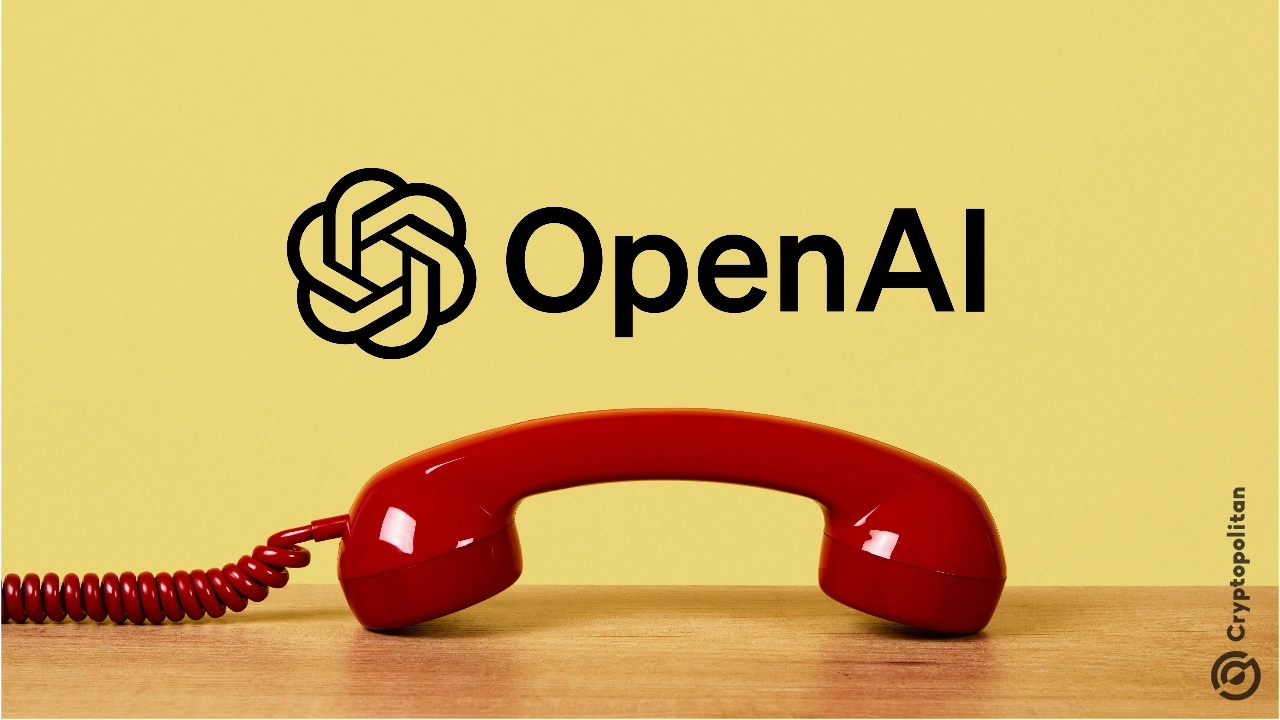Crusoe Energy, a pioneering tech firm at the intersection of sustainable energy and high-performance computing, has secured a substantial loan of $200 million from investment company Upper90. The purpose behind this significant borrowing is the procurement of cutting-edge NVidia H100 TensorCore GPUs, along with a number of A100 GPUs, representing a bold move to bolster its technological infrastructure. The investment signals Crusoe’s strategic shift from its roots in cryptocurrency mining to an expanded focus on cloud-based AI services, graphic rendering, and scientific computing. Notably, these endeavors are fueled by the innovative repurposing of otherwise wasted gas from oil wells, aligning with the company’s commitment to reducing environmental harm.
Fueling growth amidst increasing demand
According to CEO Chase Lochmiller, the introduction of the H100 GPUs, slated for early 2024, comes at a time of unprecedented growth in the global compute infrastructure market. With plans to make 20,000 H100 units available, Crusoe is poised to meet the surging demand for AI and machine learning workloads. Notably, the chips themselves will serve as collateral for the loan, marking a significant step in solidifying the company’s financial standing.
Strategic financial moves and collaborative partnerships
Crusoe’s financial strategies are further underscored by its ongoing collaboration with Upper90, which had previously participated in the company’s funding rounds. The recent Series C equity offering, spearheaded by climate technology venture firm G2 Venture Partners (G2VP) in 2022, further attests to Crusoe’s commitment to scaling technologies that aim to reduce carbon footprints in well-established industries. In line with this mandate, Crusoe emphasizes the reduction of methane emissions and the subsequent positive environmental impact resulting from its innovative repurposing of waste gas.
Potential challenges and environmental concerns
Despite its claims of carbon-free energy utilization and the environmental benefits of its operations, Crusoe faces persistent scrutiny regarding the broader context of its activities. Critics view the company’s efforts as a form of “greenwashing,” pointing to the fact that it merely reduces incidental emissions in the extraction of fossil fuels, rather than addressing the larger issue of fossil fuel consumption. In light of the global imperative to reduce reliance on traditional energy sources, scientists have stressed the importance of leaving fossil fuels in the ground to curb the effects of climate change.
While Crusoe’s recent financial maneuverings and technological advancements have garnered attention and support within the industry, questions surrounding its long-term sustainability and environmental impact continue to linger. The company remains optimistic about its prospects, as it endeavors to align technological progress with environmental responsibility. As the landscape of sustainable energy and computing continues to evolve, the choices made by companies like Crusoe will play a pivotal role in shaping the future of the industry.





